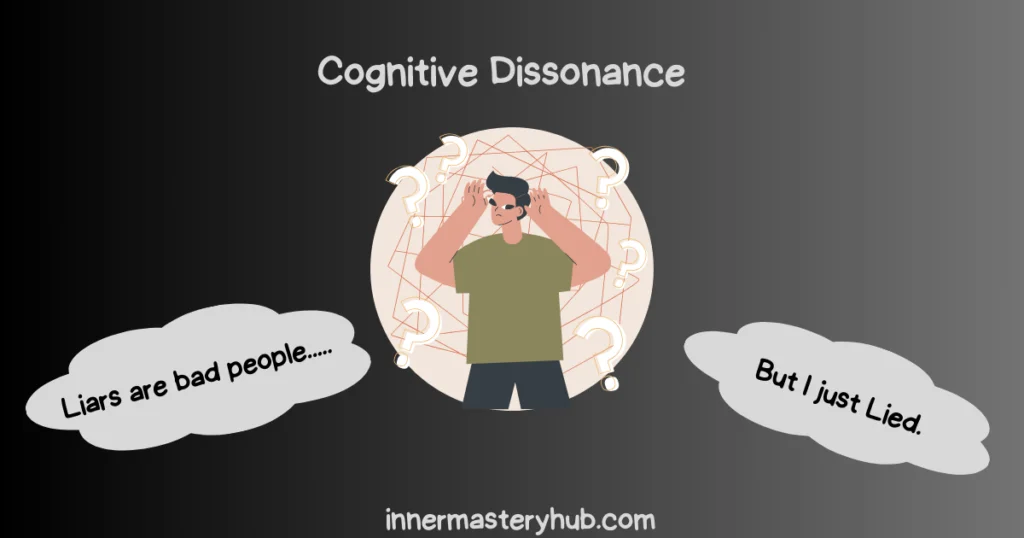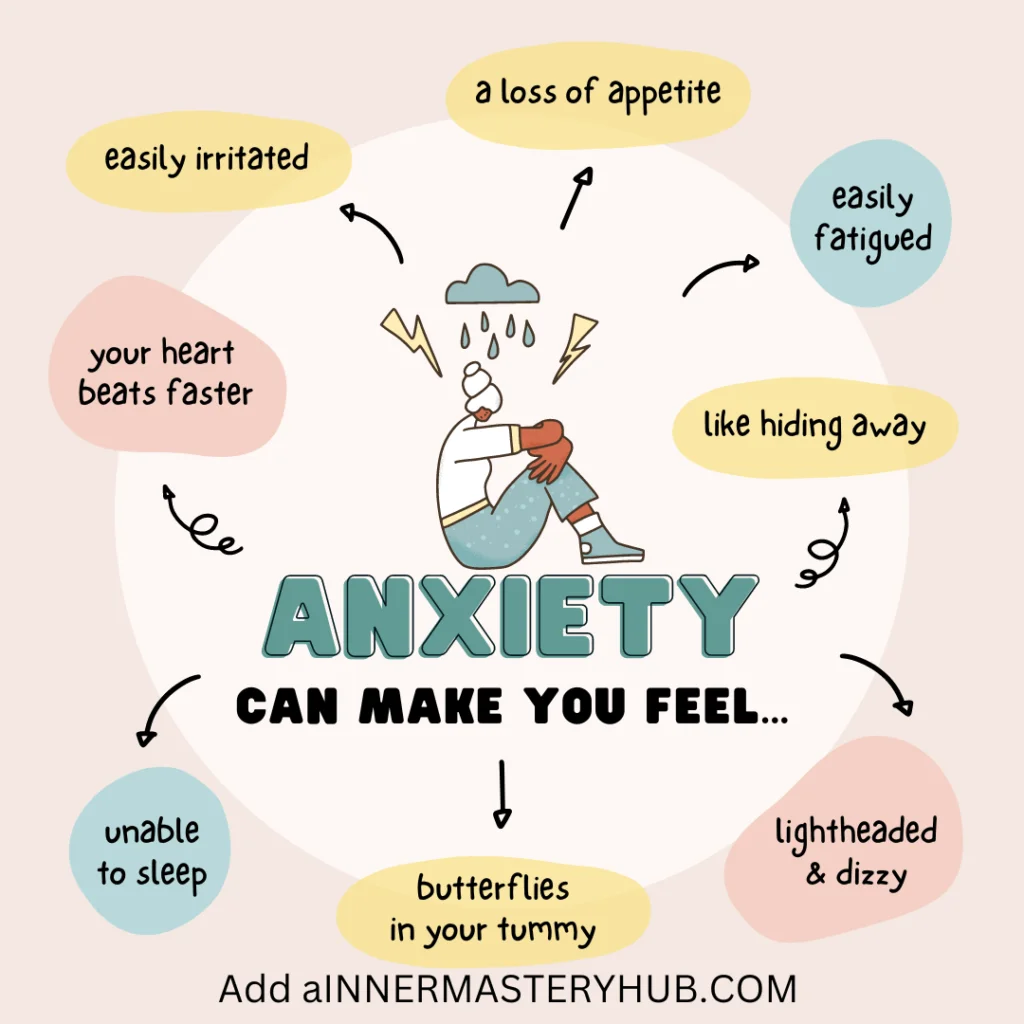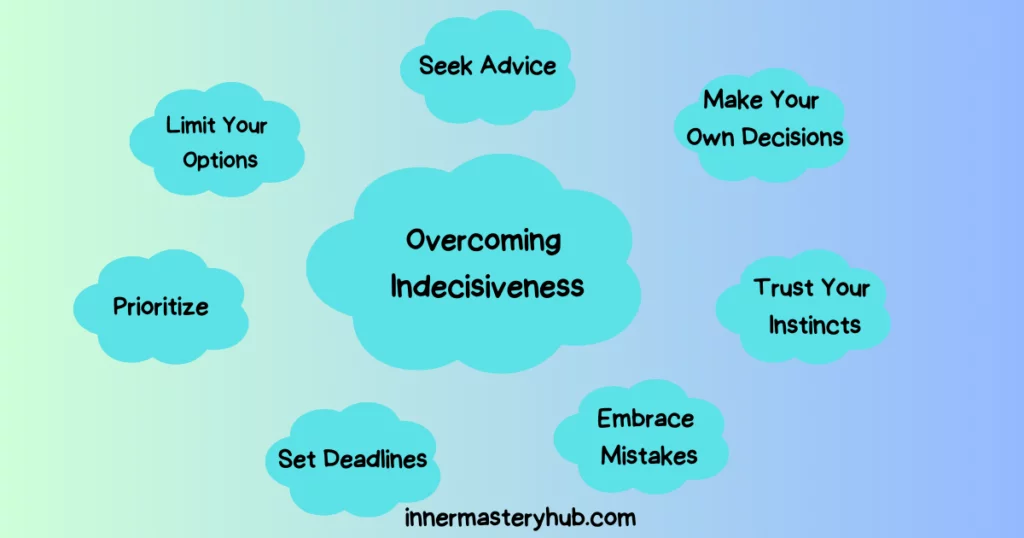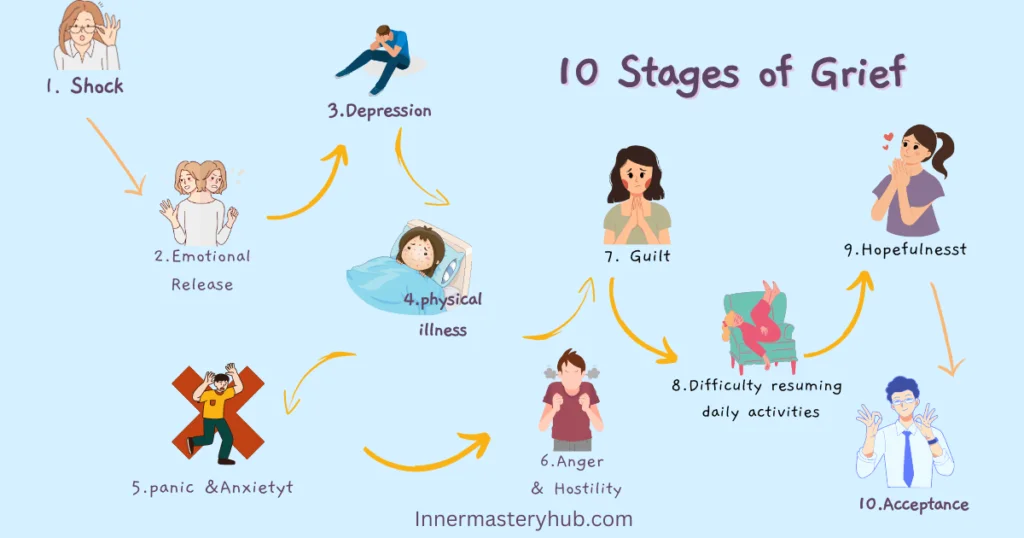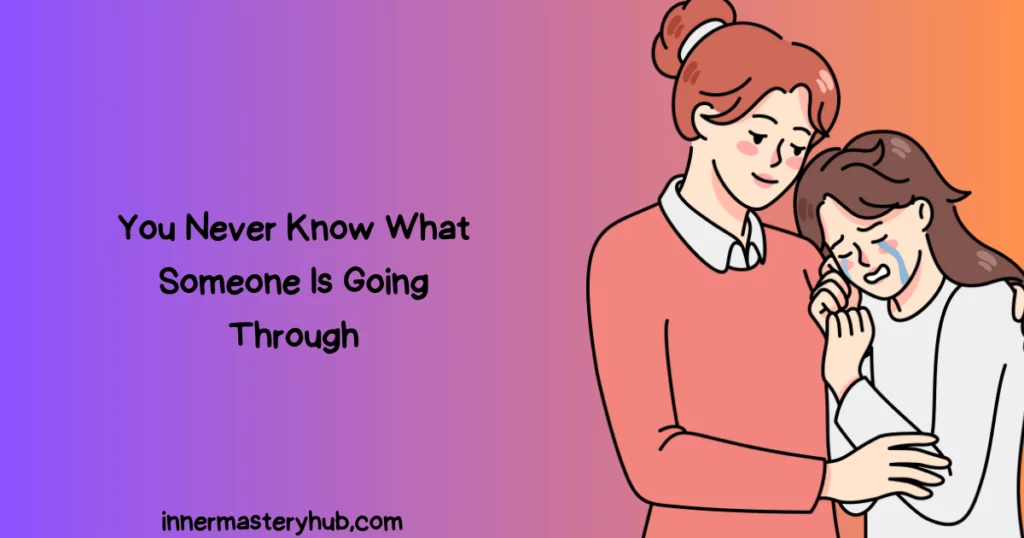
In a society that moves quickly and is full of obligations and diversions, it is all too simple to ignore the difficulties and hardships that those around us may experience.
“You never know what someone is going through,” is a potent reminder of the value of empathy in day-to-day interactions.
If someone is unpleasant, disagreeable, or short-tempered, you have no idea what they are going through.
By exploring the depths of empathy, this blog will show you why compassion and understanding are crucial for fostering deep connections and advancing one’s own growth.
You’ll learn how empathy is a straightforward yet powerful trait that can improve your relationships and emotional intelligence as we explore real-life examples, useful advice, and the science behind it.
Table of Contents
Give Others the benefit of the doubt because you never know what someone is going through
More often than not, we judge the people we meet without ever considering their intentions. Even though we should never judge a book by its cover, we do so all the time. We never know what someone else is going through, thus empathy is necessary.
Occasionally, when we are going through internal conflict, we may respond rashly to someone who says or does something provocative. Although unpleasant interactions with other people are unavoidable, we have the power to decide how we will react to them.
The only way to fully understand what they’re going through is to put yourself in their position. Thus, the next time you feel the need to criticize someone or respond to them rashly, stop and consider things that are not immediately obvious to you. Then, try to be more understanding and sympathetic to others.
11 Reasons to Choose Empathy
- Be compassionate and accept yourselves.
Understanding of others and acceptance of oneself are profoundly interconnected. Being unkind to oneself prevents one from ever being able to understand or express Empathy for others. You must have compassion for yourself to be kind to others.
Self-compassion has always been based on self-awareness. Being aware of your thoughts, actions, emotional needs, and bodily needs can help you cultivate self-compassion. Being aware of your own vulnerabilities makes it easier to identify those of others.
Self-acceptance cultivates empathy. Treating oneself with kindness first makes it easier to extend mercy to others. Empathy and compassion are essential for understanding other people’s viewpoints and feelings, especially when you are unaware of their experiences.
2. Be there for people
The straightforward yet profound idea of “being there for people” embodies empathy, support, and sincere concern for other people. For people in need, it is offering a helping hand, a sympathetic ear, or a consoling presence.
Being there for others allows you to have a good influence on their life and build deep connections. It serves as a reminder of how crucial human connection and compassion are to our life’s journey.
3. Avoid making assumptions about others
Not all assumptions we make are in alignment with reality. When we make assumptions, we judge by looking only at one side of the picture, leading us to jump to conclusions based on limited information, while there may be several views.
Instead, we should seek to learn more about people, their perspectives, and their experiences before forming opinions because you never know what someone is going through.
Assumptions may also refer to learned behaviors based on unquestioned thoughts that have been conditioned to accept as actual because “that’s how it’s done” or because that’s how we observed it being done in our cultures or families.
“Every bit of sadness and drama you’ve experienced has roots in assuming the worst and taking things personally.”
To avoid believing in assumptions, you must practice:
- Assume the best while dealing with someone.
- Get better at asking good questions.
- Challenge your beliefs about what is true.
- Be ready to listen intently and thoroughly.
- Instead of blaming others, communicate with compassion. Speak your truth because you never know what someone is going through.
4. The impact you can have on people
Your impact on people can be profound, often exceeding your expectations. For instance, imagine you compliment a shy coworker on their idea during a team meeting. Your encouragement boosts their confidence. Emboldened, they share more ideas and eventually take on leadership roles, positively influencing the team’s dynamics.
But it doesn’t stop there. The coworker’s increased confidence extends beyond work. They begin pursuing personal interests they’d once shied away from. As a result, they find joy outside of work, reflecting their improved mood and productivity.
Initially given without much thought, your simple compliment triggers a series of transformative events in your coworker’s life, rippling through their personal and professional spheres.
This example illustrates how your actions, even seemingly small ones, can leave an indelible mark on others, catalyzing growth and positive change far beyond what you might imagine, for you don’t know what someone is going through.
5. You Are Not The Only One Experiencing Problems
It’s crucial to remember that everyone faces challenges, and you’re not alone in dealing with problems. For instance, you may feel overwhelmed by deadlines during a bad day at work.
However, if you pause to consider your colleagues, you might realize they juggle tasks and face unique pressures. This perspective can foster Empathy and teamwork.
When acknowledging everyone’s challenges, sharing your concerns and collaborating to find solutions becomes more natural. It reminds us that offering support and understanding can make the journey through difficulties more manageable for everyone involved.
6. Ensure The Wellbeing of Your Friends And Family
For instance, you might send a sincere text inquiring how a friend is doing and if there is anything you can do to help someone distant lately. An elderly family member could also receive a routine phone call from you to ensure they have company and are taking care of their health.
These little deeds can have a significant impact on someone’s life. They convey your concern, serve as a listening ear, and foster a sense of community. Verifying the health of your loved ones ultimately deepens ties and creates a community of support where everyone feels appreciated and cared for.
7. Share your Challenges
Speaking candidly about our own experiences, particularly the difficulties we are facing or have overcome, enables us to relate to others more deeply and offers consolation and inspiration.
Hearing about someone’s successes can be a powerful reminder that we can succeed even in the face of adversity, and it can be comforting to know that someone else is experiencing something similar.
8. A negative perspective restricts productivity
A negative attitude can severely limit productivity. When we dwell on negativity, obstacles, limitations, or past failures, it can hinder our ability to stay motivated and make meaningful progress in our endeavors.
Many times, nasty acts and words are the result of internal insecurity. We frequently find ourselves projecting our suffering onto others, harming them as a result, when we fail to face and manage our emotions or take charge of our healing.
Practicing compassion with yourself and others will lead to unlimited growth potential. Practice this mindset and bring healing to yourself and others.
9. Choosing Grace Gives Others Strength
When we respond gracefully in our interactions and relationships, we set an example that inspires those around us to follow suit. Grace, which involves showing kindness, understanding, and forgiveness even in difficult situations, can create a positive ripple effect.
When people observe others displaying grace, it inspires them to do the same and starts a chain reaction of good deeds. It encourages us all to put aside our differences, reach out in love, and positively influence, creating a more peaceful and kind society.
Therefore, choosing grace can have an impact that extends far beyond our immediate circles, changing hearts and minds in communities and nations.
10. Understanding Others
Understanding and thoughtfulness are validating. Consider the feeling of hearing someone say, ‘I know what you’re going through.’ Just those words alone can make you feel heard and understood.
Expressing this sentiment to someone displaying toxic or challenging behaviors might be more difficult. However, even saying something like, ‘You appear to be upset. I can only imagine what might be happening in your life. I’m here to listen if you want to talk about it,’ this can go a long way in demonstrating Empathy and support.
11. Everyone Deserves Respect
just admitting that everyone is entitled to dignity and respect. It’s not only you who requires it. It is a fundamental idea that ought to guide our interactions with other people.
Since you don’t have to be intimately familiar with someone else’s life to be nice and polite, you may still show them respect even if you don’t fully understand their viewpoint or experiences. Respecting and caring for others is a timeless value that promotes peace and understanding in both our local and international communities.
Takeaway
Keep in mind that appearances can be deceiving and that, as we move through life, people’s difficulties are often hidden beneath the surface. It’s difficult to comprehend what someone else is going through.
In addition to making the world a more peaceful place, treating everyone with compassion, empathy, and an open heart gives hope to those who might be experiencing a trying time in silence.
As we handle our everyday interactions, let’s keep in mind that even though we can never fully understand what someone is going through, we can always offer them the gift of empathy and understanding. As a collective act of compassion, we can all try to make a difference in the world.
“What Someone is going through” quotes.
1. “Be kind, for everyone you meet is fighting a harder battle.” ― Plato
2. “Attitude is a choice. Happiness is a choice. Optimism is a choice. Kindness and compassion is a choice. Giving is a choice. Respect is a choice. Whatever choice you make makes you. Choose wisely.” ― Roy T. Bennett
3. “Everyone you meet is fighting a battle you know nothing about. Be kind. Always.” ― Brad Meltzer
4. “The next time you want to withhold your help, love, or support for another for whatever reason, ask yourself a simple question: do the reasons you want to withhold it reflect more on them or you? And which reasons do you want to define you always?” ― Dan Pearce
RELATED POSTS
The Problem with People Who Lack Humor

